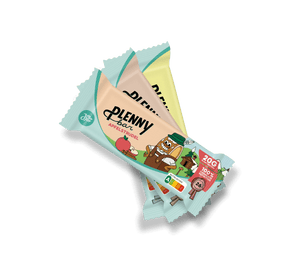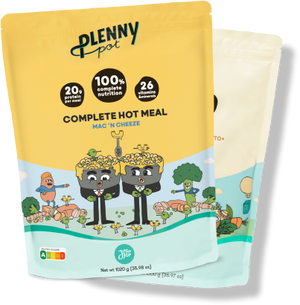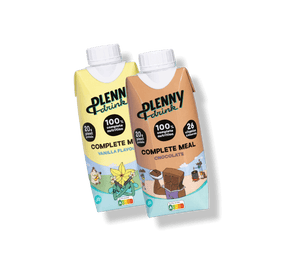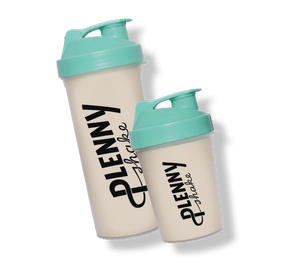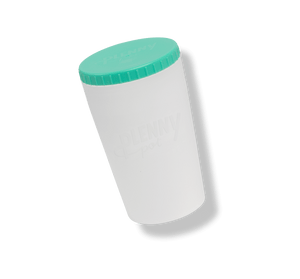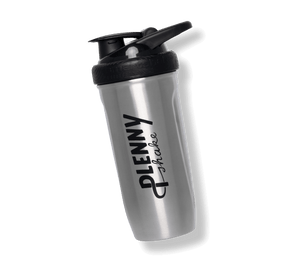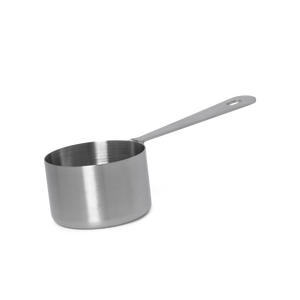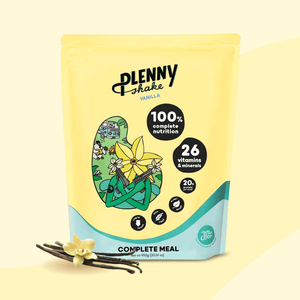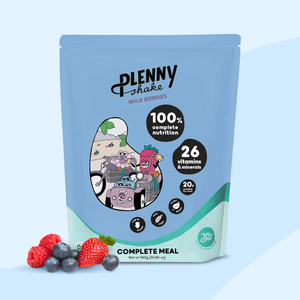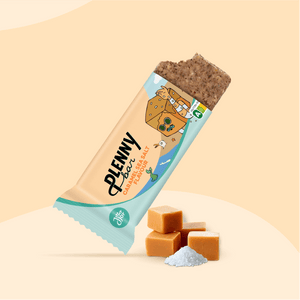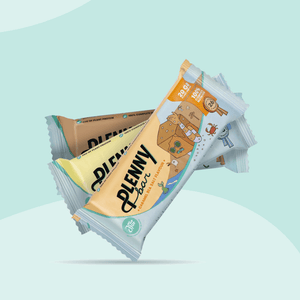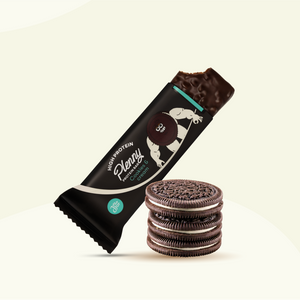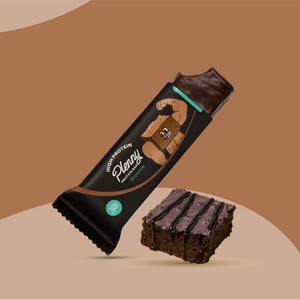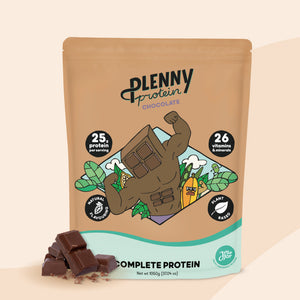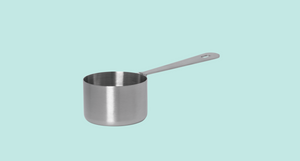Food Waste & Greenhouse Gas Emissions
We Homo Sapiens love food, but somehow end up throwing away 40% of all food that we produce.
That’s because we often and throw away our leftovers, or buy so much food that we can’t even consume it. And so we watch our perky produce slowly wither away until, finally, we have to chuck it.
Since food waste accounts for about 8% of all human-caused greenhouse gas (GHG) emissions, you could say this is quite a problem.
But at Jimmy Joy, we thought of a few solutions for this problem.
- First of all, Plenny meals are exactly 400 kcal per serving. This makes it extremely easy to track your daily calories. And because the servings are pre-measured, you can easily increase or decrease the size of your meal. Eat only what you need - no more leftovers.
- Secondly, Plenny meals have a 12-month shelf life. So no more worrying about expiration dates or helplessly watching the demise of your food! You can just relax and take as much time as you need to finish your meals, while also being a solution to a global problem.
Our Articles on Sustainability
5 science-based reasons to switch to a plant-based diet
The Ins and Outs of Climate Change Pt.1
Climate Change Pt. II: Why we don't care
Reduce, reuse, recycle: breaking down our packaging
100% Carbon Neutral
According to FAO (Food and Agriculture Organization of the United Nations), 33% of all human-caused GHG emissions come from the food system. Yep, that’s an awful lot. And that’s why we wanted to take responsibility for our part by partnering up with Pachama.
Pachama’s mission is ‘restoring nature to solve climate change’. They do this by not only planting trees and creating new forests but by actively preserving and improving existing forests for optimal CO2 storage.
This partnership means we’re compensating for 100% of the carbon emissions caused by our business.
In other words: we are 100% carbon neutral!
So far, we’ve compensated for 103 tonnes of carbon emissions. That's like taking 22 passenger cars off the road for an entire year! And we're far from done.
Packaging Materials
Because our meals are so calorie-dense, the amount of packaging material needed per calorie is much less than for most other food products. Besides, our packaging is mostly recyclable.
Filling Materials
We're happy to announce that the plastic we use to protect your meals during shipping is 50% made of recycled materials. That's right, every single box we ship is packed with eco-friendly goodness.
And here's the fun part: it's just sealed air — air inside a thin plastic film.
By embracing recycled materials, we're not only reducing resource consumption but also minimising landfill waste and moving towards a more circular economy.

 Everything You Need In One Meal
Everything You Need In One Meal
 Stay Full For 3-5 Hours
Stay Full For 3-5 Hours





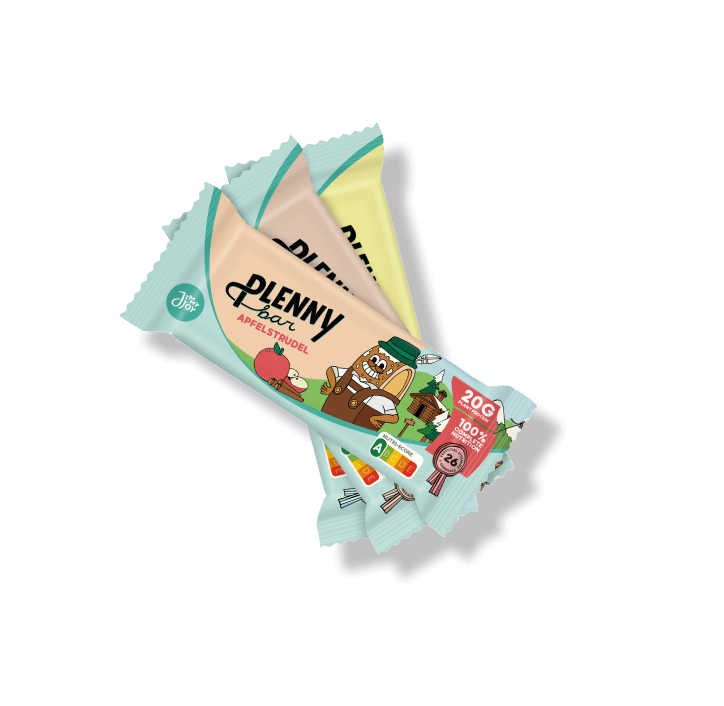
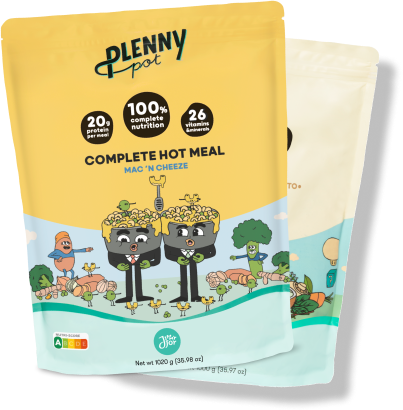

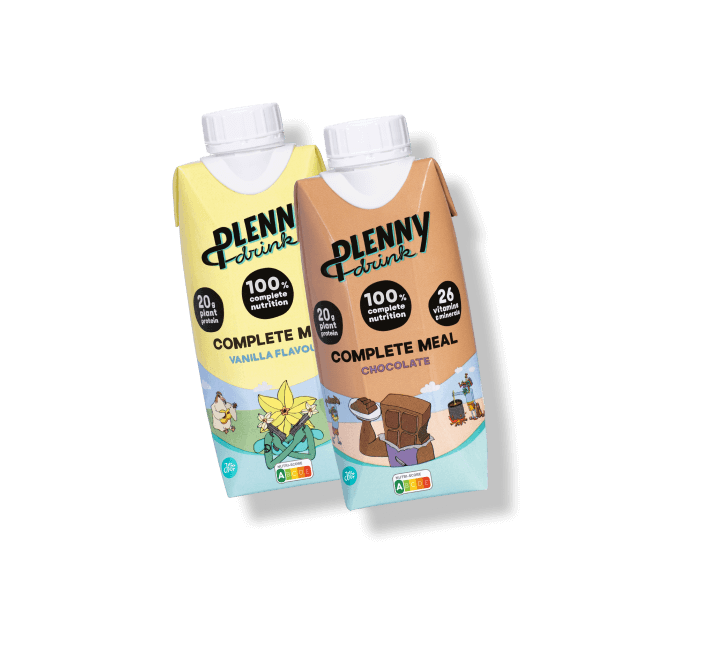
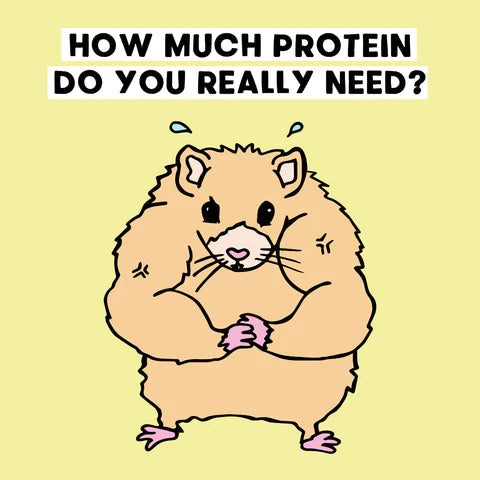

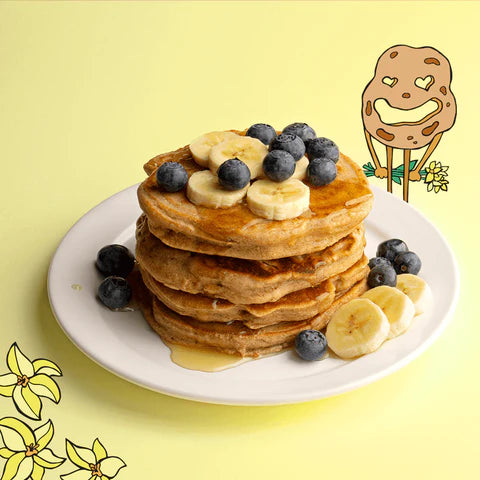
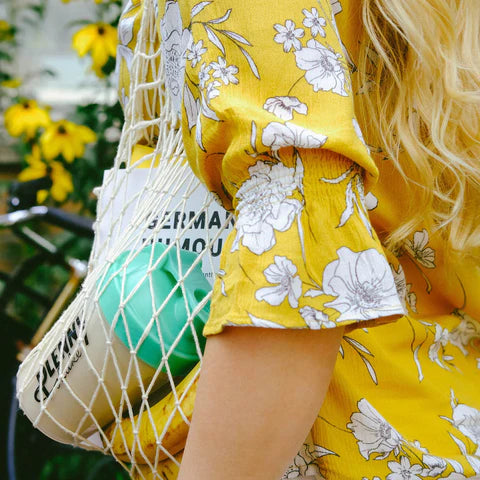

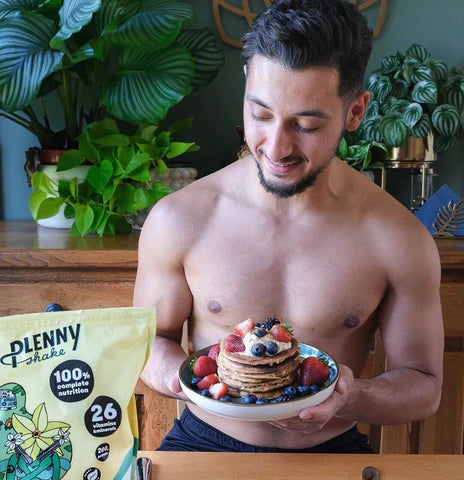

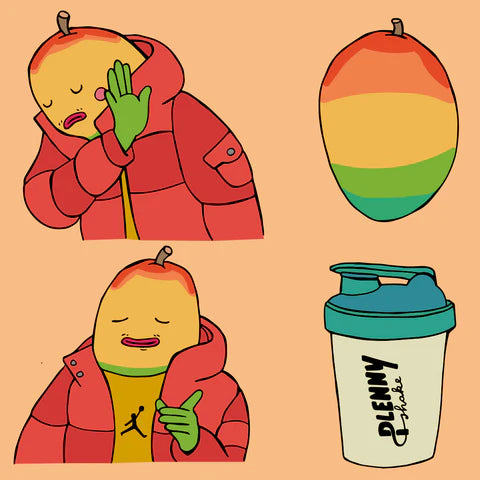
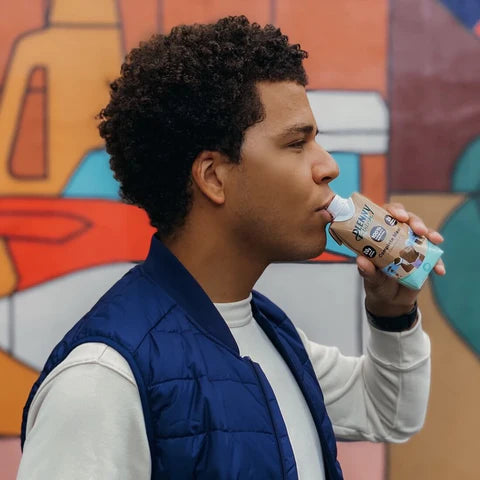
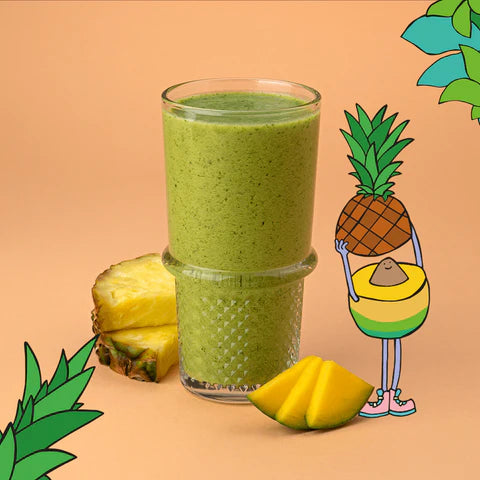
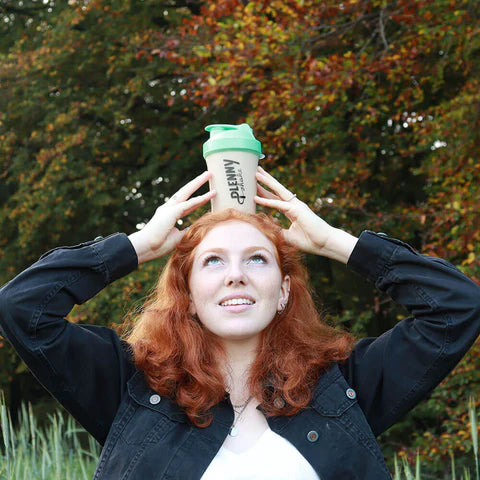
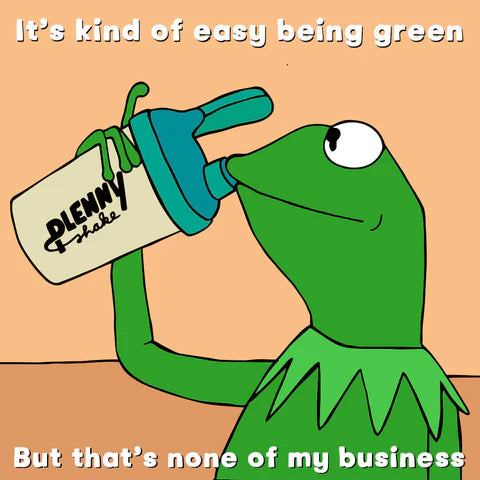
 Product added to cart
Product added to cart


